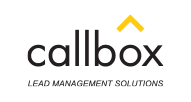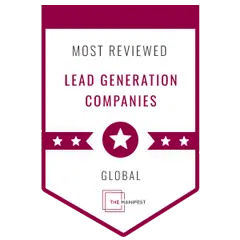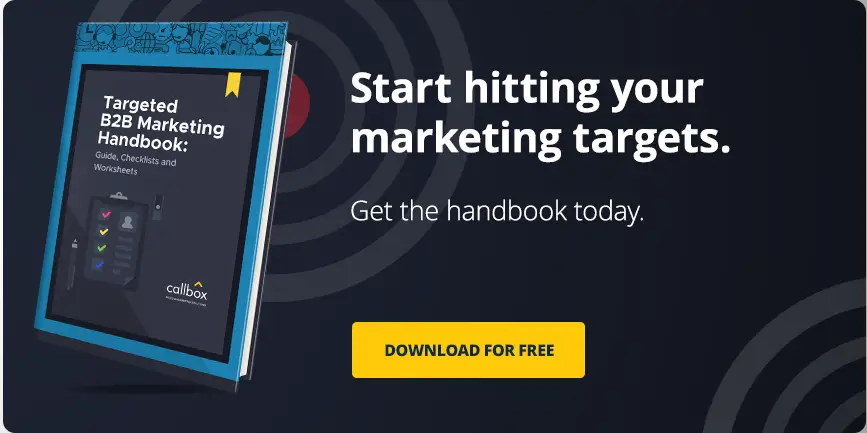How many times should you have your business database cleanse?
If you keep on neglecting to cleanse your data regularly, you’ll be surprised at how low quality your data is. An unclean database can’t provide a better understanding of your data which leads to low ROI. When thinking about how often should you clean your database, you must consider the following.
- How big your data is
- How much time you need to clean your database
- Do you have enough staff and resources
But why do you need to constantly update and keep your database clean?
Let’s face it, the records in your database deteriorates rapidly. An outdated record could no longer provide the same use to your marketers. Delaying data cleansing only makes the process time-consuming and less cost effective. Too many bad records lead to:
- Useless database after 2-3 years.
- Waste of money and effort calling wrong company and contacts.
If you’re planning on making sure your database is updated and clean but is having a hard time managing it, here’s a complete guide to data cleansing.
What is data cleansing?
Data cleansing is the process of removing, deleting and correcting incorrect or bad records in your database to ensure you only have the highest quality of data left. After a month or so, your records are filled with useless data – incorrect, duplicated, and outdated information.
By having a scheduled data cleansing of at least once a month, you are getting rid of these unwanted sets of data so your team won’t waste their time and can focus more on the most current and relevant information.
Related: 13 Reasons Why You Should use Data Profiling and Get Accurate IT Contacts
What information should be included in a database?
The information included in a database depends on your target business. Information such as:
- Full name
- Job title
- Direct/business email address
- Mobile number/ direct line
- Complete company name
- Company address
- website
Related: 5 Things Australian Companies Should Consider When Buying a Marketing Database
How to keep your database clean?
There is a different method on how to keep your database – data scrubbing, data deduplication, data profiling, etc. But having a strict routine will do your business good. Schedule a regular cleansing because having a dirty data will cost you more money.
Here’s how we do it.
Step #1. Identify if there are any duplicates or unwanted records.
(Unwanted records include; wrong company or number, phone numbers no longer in service, etc)
Step #2. Determine which record has the most information
For example:
Duplicate company number 1 has the Contact name, company name, and address but no email address or direct line. Duplicate company number 2 as the direct line and an email address but no company information.
Step #3. Combine all information in one data and save separately.
Step #4. Have someone to research online for missing information and update the record.
Step #5. Assign someone to call to verify if the information is correct.
Gather and change the information if necessary.
Remember to ALWAYS delete with caution. It is best to double check and make sure everything is correct before deleting any record.
Related: Eliminate Unwanted Business Data with Data Profiling Tools
Larger businesses with bigger database and collects more data faster than smaller companies need to clean their data more regularly. How often you do it depends on you as long as you do it. The best thing is to assign a team who is dedicated to updating and making sure your records are always clean.













